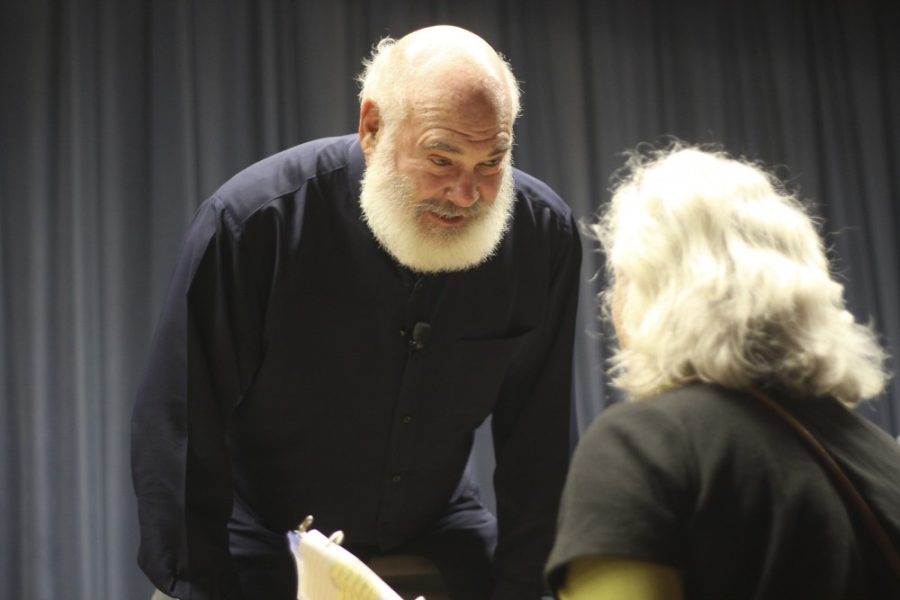Medical debacles and mistakes of the recent past were discussed at a lecture hosted by the Mel and Enid Zuckerman College of Public Health on Wednesday.
Dr. Andrew Weil, director of the Arizona Center for Integrative Medicine, spoke at the lecture. Weil, an internationally recognized expert on medicinal plants, alternative medicine and the reform of medical education, has written 11 books in addition to numerous articles.
Weil discussed what he viewed to be “colossal medical mistakes,” including tonsillectomies and appendectomies for everyone, X-ray treatments for acne, thymus ablation, reckless uses of drugs and bone marrow transplants for women with metastic breast
cancer.
Universally, doctors prescribe certain medications as a “quick fix” to health problems instead of investigating and deeply researching the problem, Weil said.
“The average doctor doesn’t know how to distinguish good research versus bad research,” he added.
Weil also talked about non-conventional medical procedures and treatments. When using a non-conventional treatment that was not taught in medical school, Weil said to always ask, “Will it cause harm?”
“I am skeptical about all of these new medicines,” he said, explaining that he’d stick to aspirin and penicillin. “Something I like to ask doctors is ‘If you’re put on a desert island and you can only take 12 drugs, what would you take?’
Medical marijuana should be considered as a treatment, Weil said. In the United Kingdom, people use Sativex, which is the whole cannabis extract in the form of spray. If medicinal marijuana were to become legal, Weil would want to use it that way, he said.
“There is tremendous research to show that medicinal marijuana can treat and prevent many types of cancer as well has help with dementia,” Weil said.
Weil also touched on whether people should be worried about the radiation from getting X-rays.
“With mammography, unfortunately there is not a better diagnostic tool that picks up as many things,” he said. “It can find tumors, but there can be costly effects of the high radiation used with mammograms.”
Weil then took questions from the audience, which included inquires about vaccinations, hormone replacement and biases in medical research and journals.
When the lecture was over, Judy Swanson, a Tucsonan and attendee, said that she wished it had lasted about four hours longer.
“I thought he was going to talk more about how we’d look at medical treatment 50 years from now. I was very impressed with what he had to say. It was very interesting,” Swanson said.









